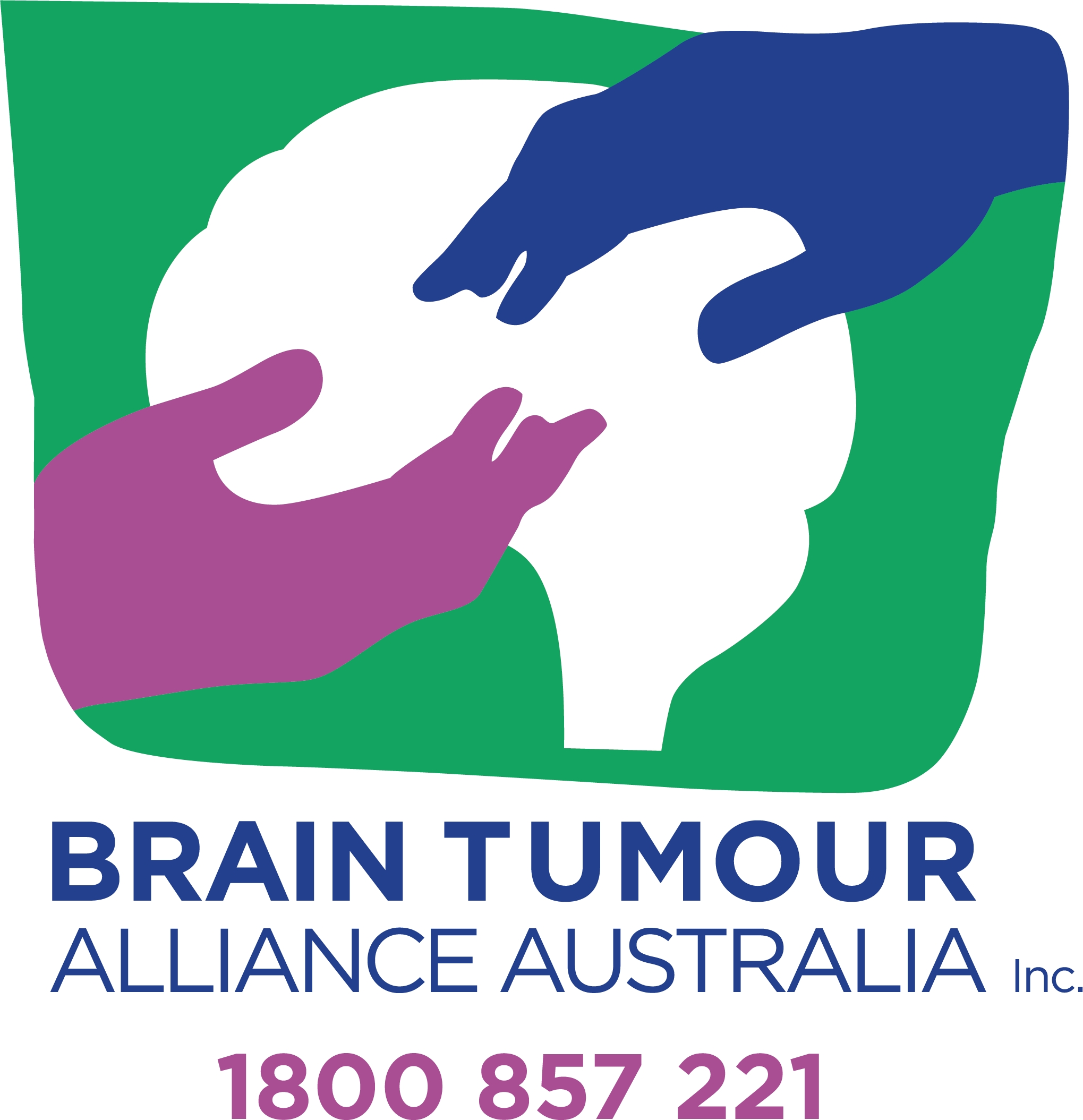Charter of Rights
Seventy-five organisations from around the world have endorsed the new Brain Tumour Patients’ Charter of Rights, a document intended to help initiate positive change in the care of people diagnosed with brain and central nervous system tumours. The Charter provides a framework for the reduction of inequalities in care and the achievement of policy objectives aimed at improving healthcare systems and communications. It can also be used by individual patients to underpin particular aspects of their care. Ultimately, the goal of The Brain Tumour Patients’ Charter of Rights is to achieve the best possible health and quality of life for adults, children, and adolescents living with brain tumors by encouraging and supporting quality standards, policies, and practices.
The Charter enumerates ten fundamental categories of “rights” for brain tumour patients that every country should strive to deliver:
- Acknowledgment and Respect
- Appropriate Investigation of Signs and Symptoms
- A Clear, Comprehensive, Integrated Diagnosis
- Appropriate Support
- Excellent Treatment and High-Quality Follow-Up Care
- The Care Relationship
- Supportive/Palliative Care
- Rehabilitation and Wellbeing
- Medical Information and Privacy
- Appropriate End-of-Life Options and Care
Finished Your Treatment - What's Next?
Building the Bridge - Victorian Cancer Survivorship Program Project
The Survivorship Diary
The Survivorship Diary - A resource designed to assist patients diagnosed with a brain tumour,
or brain cancer, to keep track of appointments, medications, and important
questions to ask specialists.
Centrelink Issues
Disability Support Pension
Financial help if you have a permanent physical, intellectual or psychiatric condition that stops you from working.
https://www.humanservices.gov.au/individuals/services/centrelink/disability-support-pension
Carer Payment
A payment to people who provide daily care for someone with severe disability, a medical condition, or who is frail aged.
https://www.humanservices.gov.au/individuals/subjects/payments-carers
Carer Allowance
An additional fortnightly payment if you give daily care to someone who has a disability, serious illness, or is frail aged.
https://www.humanservices.gov.au/individuals/services/centrelink/carer-allowance
Carer Supplement
Paid yearly if you care for a person with a disability or serious illness and get certain payments.
https://www.humanservices.gov.au/individuals/services/centrelink/carer-supplement
Travelling with a brain tumour - insurance and other issues
Driving with a brain tumour
Accessing superannuation with a terminal illness
Information available at the Department of Human Resources website
https://www.humanservices.gov.au/customer/services/centrelink/early-release-superannuation?utm_id=7
If you are diagnosed with a terminal illness in some cases your superannuation benefits can be accessed and tax- free provisions may apply.
Information available at the ATO website.
National Disability Insurance Scheme (NDIS)
The National Disability Insurance Scheme (NDIS) provides Australians aged under 65, who have a permanent and significant disability, with funding for supports and services.
Difficulties With Swallowing (Dysphagia)
Brie Simons, a Speech Pathologist working with adults around Australia, has recently published a cookbook specific to people with dysphagia/swallowing impairments. She has found it very useful in supporting her clients experiencing a brain tumour, to navigate their changes in swallowing.
You can find the cookbook here: www.simplymodifiedcooking.com

